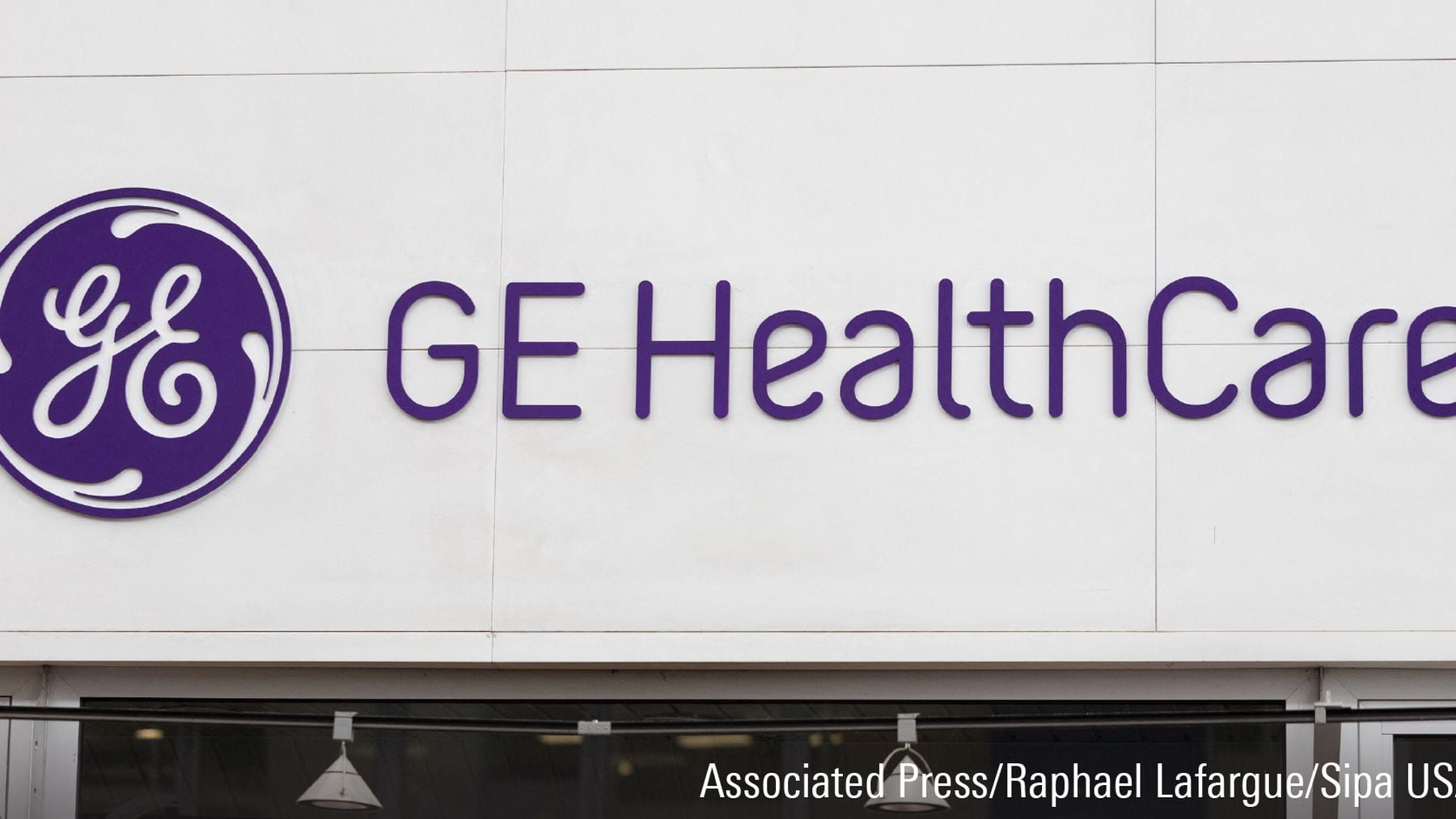Healthcare: Policy Headwinds Continue to Weigh on Stocks, but Valuations Remain Attractive

The Morningstar Healthcare Index has underperformed the Morningstar US Index by a meaningful margin, with a loss of 6.7% over the trailing 12 months, compared with a 17.5% return for the US Index. After a brief rebound early in the year, the sector lost momentum in the second quarter due to rising uncertainty around potential US policy effects on growth rates for biopharma, healthcare plans, and medical technology firms. We see potential for healthcare to close the performance gap in the coming months, driven by its defensive profile and improving clarity on policy risks.
The sector looks relatively undervalued overall, with the median price roughly 15% below our fair value estimates. Medical distribution stands out as the only overvalued industry, while healthcare plans and biotech companies look the most undervalued.
Volatility increased following the election of Donald Trump as US president and the appointment of Robert F. Kennedy Jr. to lead the Department of Health and Human Services. While we have not made significant valuation changes across healthcare, we see high uncertainty surrounding many stocks, particularly in biopharma and healthcare plans. In biopharma, we think the long-term effect of tariffs will be a step up in tax rates (already largely factored into our models). We believe significant drug pricing policy changes will be difficult to implement by executive order, as Congress has not supported steep US price cuts (like most favored nation pricing) in the past. Within the rapidly growing obesity market, Novo Nordisk trades at a discount to its fair value estimate, as we still see strong competitive advantages despite Eli Lilly’s growing market share.
We estimate that a 15% import tariff would have an average unmitigated impact of 9% on core earnings per share for US biopharma. While we expect the impact to subside as firms adjust, the most significant long-term consequence of relocating manufacturing to the US is higher taxes, and we see Pfizer as the most affected. The biggest firms have lower exposure to US vaccines, but a $500 million cut in HHS funding for mRNA research contracts, narrowed covid vaccine approvals, and changing CDC recommendations all create uncertainty.
GE HealthCare Technologies
In April 2025, GE HealthCare’s GEHC shares sold off sharply on the news of US tariffs. As a global enterprise with a complex supply chain, GE HealthCare’s business can be harmed by escalating tariffs between the US and its trading partners. Moreover, as an iconic US brand in a high-tech sector that employs artificial intelligence, it is also at risk of being caught in the US and China policy crossfire. We think the market has overcorrected for this risk, and we are encouraged by management’s transparent guidance and firm grasp of the tariff impact. Over the long term, we think GE HealthCare can grow revenue in low- to mid-single digits and improve its operating profit by several hundred basis points, thanks to its ongoing investments in product development and optimization of its product mix and cost structure.
Elevance
For long-term investors, Elevance ELV represents both a high-quality business and an attractive valuation in the managed care industry. First, Elevance is our favorite medical insurer, with deep local market share that helps solidify its cost advantage particularly in its employer plan stronghold. Second, the company’s limited exposure to Medicare and its fastgrowing non-insurance businesses have limited its earnings contraction in recent years, distinguishing Elevance over most of its MCO peers. Finally, trading at only 10 times forward earnings with the potential to deliver double-digit earnings growth once it gets past growth headwinds in the individual exchanges (2026) and Medicaid (2027), we find Elevance shares attractive.
IQVIA
IQVIA’s IQV shares have been negatively impacted by macroeconomic concerns and slowing biotech funding levels. However, we view these issues as near-term headwinds, and IQVIA remains a global leader in providing clinical trial services and healthcare analytics. IQVIA’s backlog has continued to expand despite macroeconomic pressures, demonstrating its strength and resilience in booking new business. Further, the firm’s extensive and proprietary data analytics capabilities, along with its continued re-investment in new technology, including artificial intelligence, should support durable long-term growth.
link






